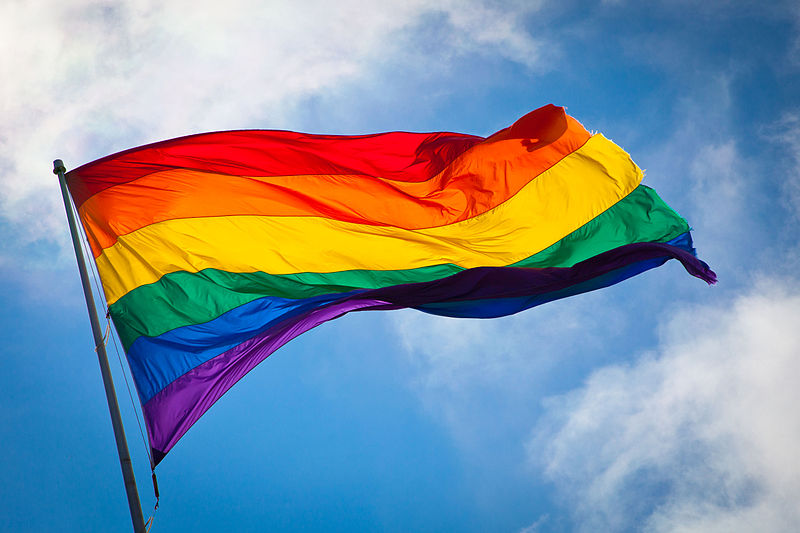By Abigail A. ‘23
Earlier this month, three cases were brought in front of the Supreme Court. As stated by the U.S. Equal Employment Opportunity Commission, these cases are argued on Title VII of the 1964 Civil Rights Act, which “prohibits employment discrimination based on race, color, religion, sex and national origin,”. The main point being argued is whether the word “sex” applies to gender identity and sexual orientation, and if employers can fire their employees simply because they are gay or transgender.
The three cases being argued are for individuals Gerald Bostock, Donald Zarda, and Aimee Stephens. Bostock, a child welfare coordinator in Clayton County, Georgia, had been effective in his job. In 2013, Bostock joined a local gay softball league. Within months of this decision, he was fired. While Donald Zarda was a skydiving instructor with the company Altitude Express, he reportedly told female clients he was gay to make them feel more comfortable when being tightly strapped to him during a jump. He was also fired. As Zarda died in 2014, the settlers of his estate are arguing this case on his behalf. Aimee Stephens worked at the Harris Funeral Home, located in Livonia, Michigan, for six years. At the time, she was presenting as a man. After years of distress regarding her gender identity, she wrote a letter to her employer stating her wishes to identify as a woman in the workplace. Within weeks, she too was fired.
All arguments on these three cases are centered around a single word: sex. The prosecution for Mr. Bostock and Mr. Zarda argues that if a woman was talking openly about her relationship with a man, she would not be fired. As the two men’s orientations face scrutiny purely due to their sex, this could be considered a violation of Title VII. The side defending Mrs. Stephens argues a similar case. If a man who applied for a job and worked successfully later applied as a woman and was not allowed to work, it is clear discrimination.
The defense upholds the argument that sex refers to a person’s categorization based on the genitalia they have. It does not apply to gender identity or sexual orientation. They also contend that when the Civil Rights Act was written, Congress did not intend for it to include gender identity and sexual orientation. This seems an odd argument when one looks back at previous cases. In 1989, Price Waterhouse v. Hopkins ruled that Title VII protects citizens from sexual harassment, something not expressly listed in the initial document.
Due to the implications this case could have, it is no surprise that it has gained a large public following. Several dozen amicus curiae briefs have been filed in favor of Mr. Bostock, Mr. Zarda, and Mrs. Stephens. One larger brief signifies support for the prosecution from several big-name companies, including Facebook, AT&T, Apple, Walt Disney, Doordash, Wells Fargo, Coca-Cola, and Nike (it’s a long list: 206 companies signed). The Trump Administration has also released a brief supporting the companies who fired these individuals, making statements almost identical to them.
Given the extreme importance of the case, when should we begin to expect a verdict on these three cases? The Supreme Court’s formal deadline for issuing a verdict is mid-2020, but we should expect one by early 2020. Due to the massive repercussions this verdict could have on our country, there is no doubt that many LGBT individuals across the United States will be watching these cases diligently.


Leave a comment